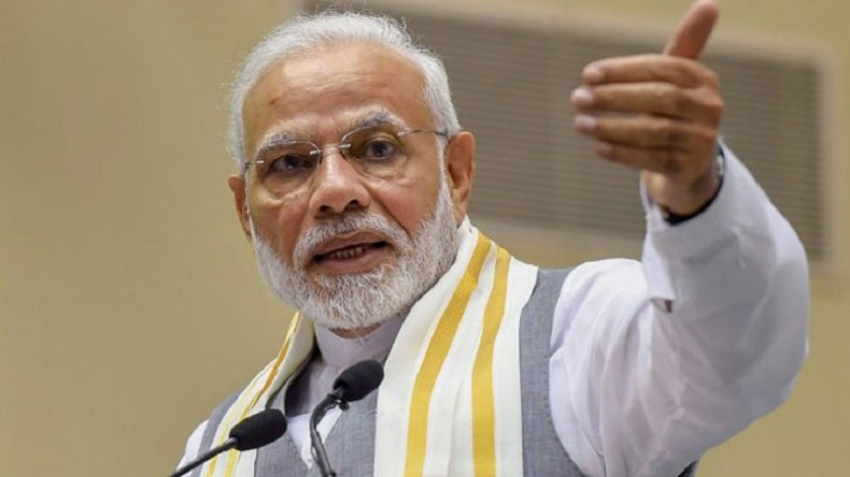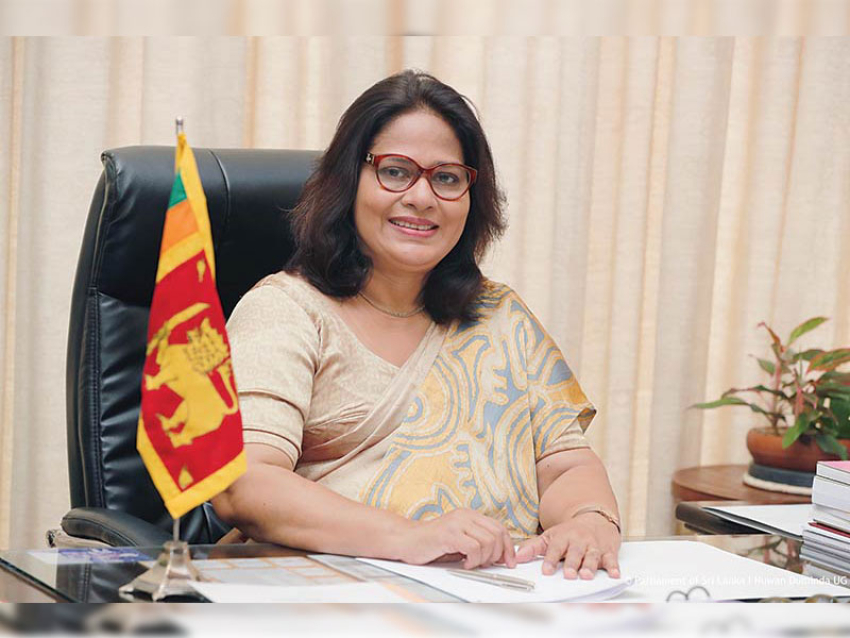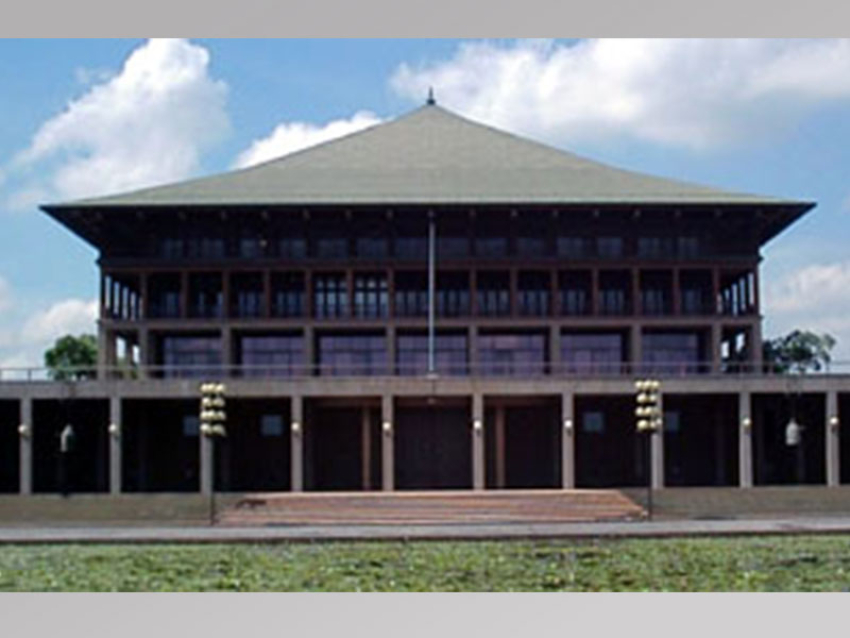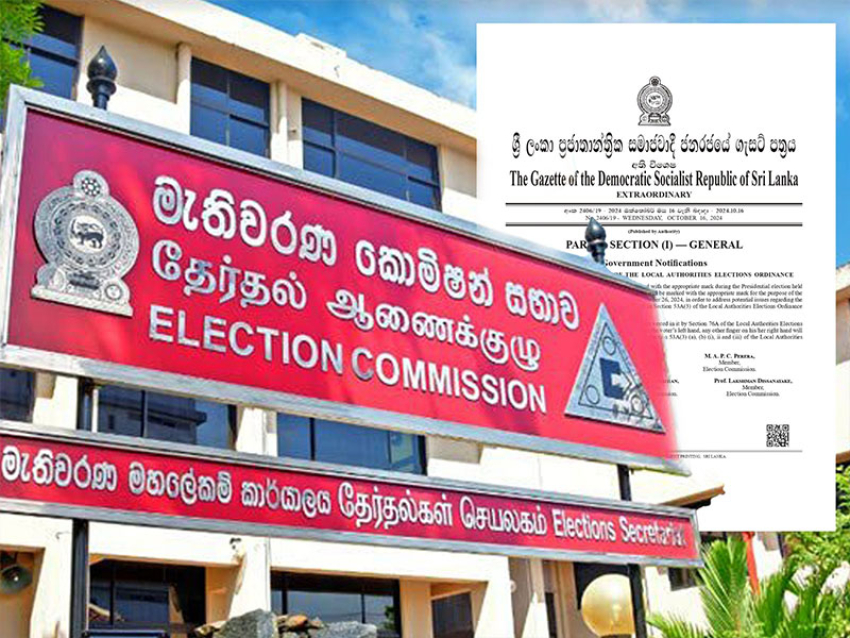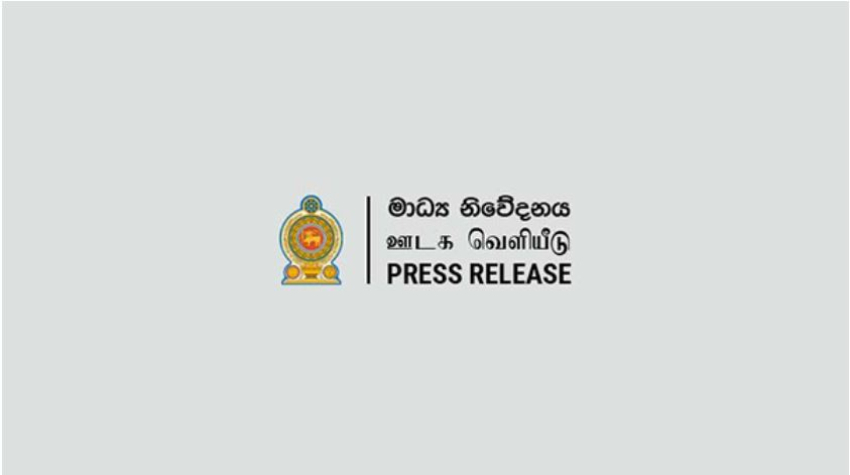Union Home Minister Rajnath Singh was leading against his nearest SP rival Poonam Sinha and in Lucknow. The Bahujan Samaj Party was leading in 11 and the Samajwadi Party in eight while the Congress was ahead in one and the Apna Dal (Soneylal) in one. BJP stalwarts, including Union ministers Maneka Gandhi in Sultanpur and Santosh Gangwar in Bareilly, were ahead of their rivals after the first round of counting of ballots polled in the Lok Sabha elections in Uttar Pradesh, the Election Commission officials said.
Officials said BJP's Varun Gandhi in Pilibhit and state minister Rita Bahuguna Joshi in Allahabad were ahead of their nearest rivals. Samajwadi Party patron Mulayam Singh Yadav forged ahead in Mainpuri and his son SP chief Akhilesh Yadav was leading in Azamgarh. Akhilesh Yadav's wife Dimple Yadav, who is seeking re-election from Kannauj, was leading the table. (deccanherald)Indian Prime Minister Narendra Modi speaks at the public rally at Brigade ground in Kolkata, India on April 3, 2019.© Atul Loke—Getty Images Indian Prime Minister Narendra Modi speaks at the public rally at Brigade ground in Kolkata, India on April 3, 2019.After an elaborate seven-phase election set over five-and-a-half weeks, India’s marathon polls finally came to a close on Sunday. Counting to determine the winner in the world’s largest democratic election began at 8 a.m. local time on Thursday morning, with the official results rolling out late Thursday or early Friday morning.
The election is seen as a referendum on incumbent Prime Minister Narendra Modi and his Bharatiya Janata Party (BJP), which swept to victory in a populist wave in 2014, taking 282 of the 543 seats in Parliament and pushing out the opposition Congress party, which ruled India for 54 of its 67 years since independence.Modi, who is the son of a tea seller, was seen by many as the answer to a political dynasty that had gripped power. His bid for re-election will be heavily influenced by concerns about the economy, security and sectarianism.
What do the polls say?
Exit polls are predicting a win for Modi and his BJP party. The BJP’s main opposition is the Indian National Congress party led by Rahul Gandhi. He hails from a long line of successful politicians – his great-grandfather was the first Prime Minister of India, his grandmother was the first female to take on the role and his father also served a term in the office.
What are the key issues?
Prime Minister of India Narendra Modi addresses a public meeting at Bolangir in Odisha, India, on 15 January 2019 ahead of the General election in India. (Photo by STR/NurPhoto via Getty Images)© STR/NurPhoto Prime Minister of India Narendra Modi addresses a public meeting at Bolangir in Odisha, India, on 15 January 2019 ahead of the General election in India. The economy is perhaps the biggest issue confronting Indian voters this year.
For Modi – who ran on a platform of job creation and economic development in 2014 – his promises have not quite materialized. Unemployment is rising, with 11 million jobs lost in 2018 alone, according to the Centre for Monitoring Indian Economy. The farming industry is in crisis as price controls Modi enacted have hurt farming incomes.
Gandhi’s party promised voters that if elected, he will implement a minimum basic income for every citizen. BIJNOR, INDIA - APRIL 11: Indians cast their vote for the first phase of general election in Bijnor district of Uttar Pradesh, India on April 11, 2019. India begans voting today from the first phase of total seven phase election across India. (Photo by Javed Sultan/Anadolu Agency/Getty Images)© 2019 Anadolu Agency BIJNOR, INDIA - APRIL 11: Indians cast their vote for the first phase of general election in Bijnor district of Uttar Pradesh, India on April 11, 2019. India begans voting today from the first phase of total seven phase election across India. National security is another hot topic, with Modi portraying himself as a protector of India.
Modi flexed his military might in the months leading up to the election. When a Pakistani-based militant group killed 40 Indian troops in the disputed Himalayan territory of Kashmir in February, Modi sent Indian jets into Pakistani airspace for the first time since 1971 and bombed what it said was a training camp. It was a dangerous escalation of tensions between the two nuclear states.
Sectarian tensions have also been increasing in recent years, with hostility growing towards the country’s Muslim minority of almost 200 million people. Modi has remained largely silent as the incidence of Hindu mob attacks on Muslims have become increasingly frequent, many premised on defending cows, which are worshipped in the Hindu religion.
Who voted?
About 900 million people were eligible to vote this year, making it the world’s largest democratic election.More than half the population is under the age of 30, so the youth vote, faced with rising unemployment, matters. Female voter participation has also increased in recent elections as women seek to have their concerns about safety and welfare addressed, and this year’s election is also believed to have a seen record turnout of women at the polls.
The BJP forged ahead of its rivals in 58 of the 80 Lok Sabha seats in Uttar Pradesh while the BSP-SP alliance was leading in 19 seats as counting of votes progressed, according to Election Commission trends. In the high-profile Amethi seat, BJP's Smriti Irani established an early lead of 1,931 votes against sitting MP and Congress president Rahul Gandhi while UPA chairperson Sonia Gandhi was leading in neighbouring Rae Bareli by over 17,000 votes.


